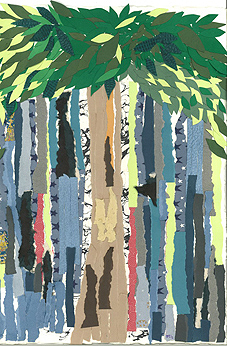From Indian Literature to World Literature:
|
Essays in this ForumRethinking the Global South
by Mukoma Wa Ngugi From Indian Literature to World Literature: A Conversation with Satya P. Mohanty by Rashmi Dube Bhatnagar and Rajender Kaur Asia in My Life by Ngugi wa Thiong'o The Global South and Cultural Struggles: On the Afro-Asian People’s Solidarity Organization by Duncan Mceachern Yoon The Fault Lines of Hindi and Urdu by Sanjay Kumar Reframing Colonialism and Modernity: An Endeavour through Sociology and Literature by Gurminder K. Bhambra Varieties of Cultural Chauvinism and the Relevance of Comparative Studies by Tilottoma Misra Literature to Combat Cultural Chauvinism: A Response by Shivani Jha Is There an Indian Way of Thinking about Comparative Literature? by E. V. Ramakrishnan Modernity and Public Sphere in Vernacular by Purushottam Agrawal West Indian Writers and Cultural Chauvinism by Jerome Teelucksingh Oral Knowledge in Berber Women’s Expressions of the Sacred by Fatima Sadiki |
